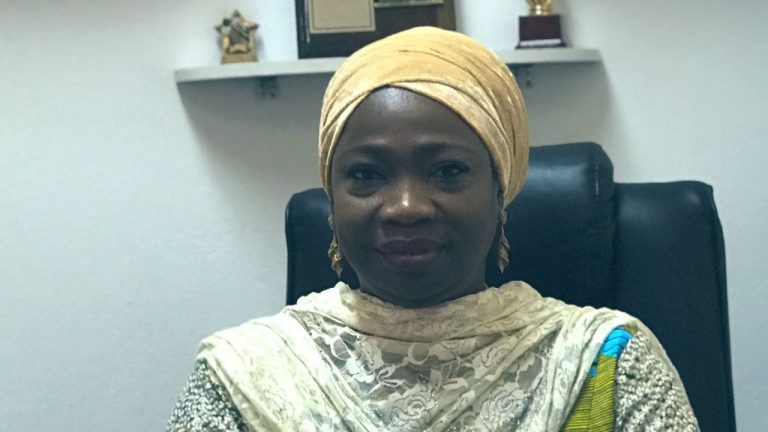Hon. Abike Dabiri-Erewa, Chairman/CEO Nigerians in Diaspora Commission, has stressed the need for inter-agency collaboration in combating human trafficking in Nigeria.
She made the call in Abuja during the advancing collaborative responses to human trafficking in Nigeria, a Stakeholder Knowledge Exchange, Engagement and Partnership Programme (SKEEP).
It was organised by the Open University, UK in partnership with University of Ibadan, National Agency for the Prohibition of Trafficking in Persons, National Human Rights Commission and Nigerians in Diaspora Commission, National Assembly and National Anti-Bullying Campaign.
Dabiri-Erewa, who was represented by the Secretary of the Commission, Engr. Sule Yakubu Bassi, stressed the need to tackle human trafficking by ensuring a whole of government and whole of society approach.
She added that it has become imperative for critical stakeholders such as the youth, the community heads, religious leaders, relevant MDAs, embassies and High Commission, the media, and Civil Society Organisations (CSOs)/ non-governmental agencies, public sector must work together to eradicate trafficking in Nigeria.
She disclosed that as of today, NiDCOM in collaboration with the Ministry of Foreign Affairs and the Embassies, NAPTIP, IOM and some state governments have repatriated over 15,000 Nigerians from Libya, Oman, Ghana, Mali, Lebanon, Côte D’ Ivoire.
The NiDCOM boss also said it is important that governments at all levels address the push (factors that make Nigerians want to leave) and pull (factors that attract Nigerians) to reverse the ugly trend.
- Customs intercept stolen cars, N3.2bn illicit goods
- How Nigeria’s traditional medicine policy falters in the face of a healthcare crisis, by Oladoja M.O
- #JP2025: Juma Jux confirms date for final wedding reception with Priscilla Ojo
- SDP names Senator Uba Deputy National Chairman
- NiDCOM advocates holistic approach in combating human trafficking in Nigeria
Speaking in the same vein, the Director General of NAPTIP, Binta Adamu Bello, who was represented by the Director of Research, Josiah Emerole, highlighted the five pillars that have helped NAPTIP combat the organised crime as Policy, Prevention, Protection, Prosecution and Partnerships.
She added that the agency has several instruments that ensure a victim centered-approach to combating human trafficking.
She reiterated the agency’s commitment to tackling human trafficking in Nigeria.
Earlier, Dr Margaret Ebubedike and Dr Saraswati Dawadi of the International Education Institute of the Open University UK gave the human trafficking overview, reflections, and learning from Nepal, Nigeria and Uganda.
The duo commended Nigeria for establishing various levels of engagement and building mechanisms, policies and structures on issues of human trafficking.
They advocated for a robust grassroot orientation, naming and shaming the traffickers.
The one-day engagement also witnessed sharing life experiences by survivors of human trafficking in Nigeria.


